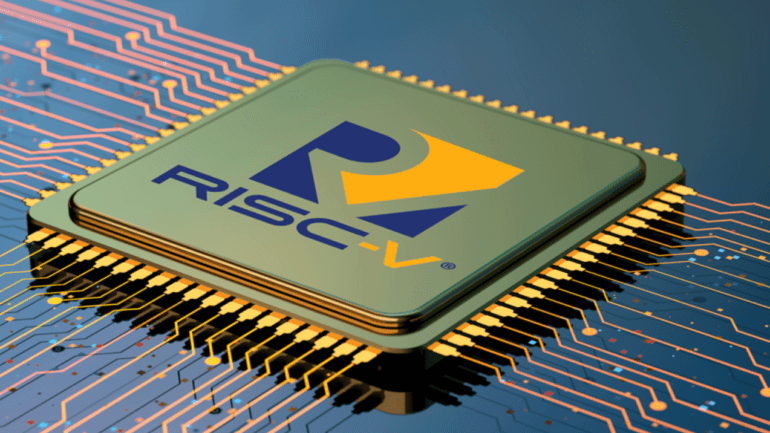- Rivos secures $250 million funding for RISC-V AI chip development.
- Challenges Nvidia’s dominance in the AI chip market.
- Plans to utilize RISC-V architecture for innovation and cost-efficiency.
- Developing server chip optimized for large language models and data analytics.
- The unique approach prioritizes software development before chip design.
- Major investors include Matrix Capital Management, Intel, MediaTek, and Dell Technologies.
Main AI News:
Chip startup Rivos recently secured a substantial $250 million in funding, propelling its mission to develop cutting-edge RISC-V AI chips. This funding injection marks a significant milestone for the company as it steers towards manufacturing its inaugural server chip tailored explicitly for artificial intelligence applications.
In a landscape largely dominated by Nvidia’s amalgamation of chips and CUDA software, which claimed over 80% market share of AI chips in 2023, Rivos emerges as a formidable contender. The emergence of startups and established chip giants venturing into this arena underscores the escalating competition. Intel’s Gaudi 3 and Meta’s inference chip, both unveiled recently, signify a shift in the dynamics of the market.
While Rivos remains discreet regarding the intricate details of its product, it divulges its intent to harness the potential of RISC-V architecture. This open-source alternative presents a divergence from conventional architectures offered by industry giants like Arm, Intel, and Advanced Micro Devices. Leveraging instruction set architectures like RISC-V lays the foundation for semiconductor innovation while circumventing license fees typically associated with proprietary technologies.
Lip-Bu Tan, the founding managing partner at Walden Catalyst and an investor in Rivos, elucidates the strategic rationale behind the adoption of RISC-V. “RISC-V doesn’t have a (large) software ecosystem, so I decided to form a company and then build software-defined hardware – just like what CUDA did with Nvidia,” Tan explains, shedding light on the company’s visionary approach.
Headquartered in Santa Clara, California, Rivos is diligently crafting a server chip that seamlessly integrates a central processing unit with an AI accelerator component. Engineered to excel in processing large language models and data analytics, this chip embodies the convergence of computational prowess and AI sophistication.
CEO Puneet Kumar elaborates on the company’s unique methodology, emphasizing a departure from conventional practices. “Usually, chip companies do it the other way: build the silicon, and then build the software on top,” Kumar remarks in an interview with Reuters. “We decided, as a company, that we should first look at software.”
Matrix Capital Management spearheaded the recent funding round, with notable investments from industry stalwarts such as Intel, MediaTek, and Dell Technologies. This resounding vote of confidence underscores the collective belief in Rivos’ vision and underscores its ascent in the competitive landscape of AI chip development.
Conclusion:
Rivos’ ambitious endeavor to develop AI chips based on the RISC-V architecture signals a significant disruption in the market. With substantial funding and support from key industry players, Rivos is poised to challenge Nvidia’s stronghold, offering innovative solutions while potentially reshaping the competitive landscape of AI chip development.

